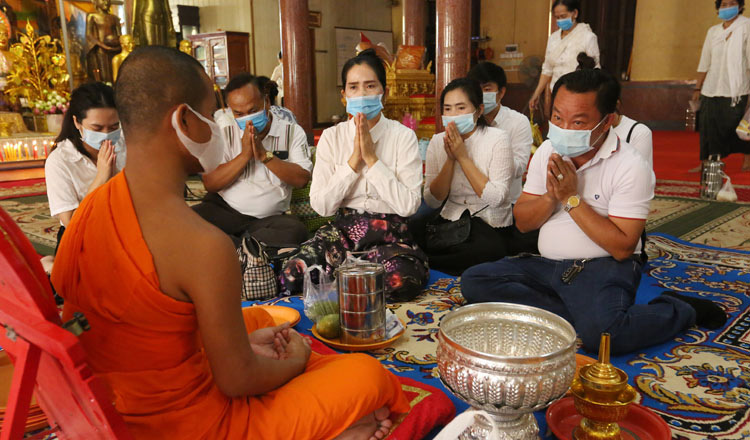Throughout Cambodia’s history, religion has been a primary source of cultural inspiration. For almost 2,000 years, the people of Cambodia have crafted a distinct Khmer culture and set of beliefs by blending their native animistic traditions with the religions of Hinduism and Buddhism that originated from India.
Cambodia, a nation with a rich cultural heritage, has embarked on a journey of democratic development that respects and preserves its unique cultural identity. This op-ed explores the vital interplay between Cambodia’s cultural identity and its evolving democratic landscape.
By analyzing the country’s commitment to inclusivity, political participation, the importance of democracy in Cambodian society, Buddhist role and cultural preservation. We can gain valuable insights into how Cambodia’s cultural identity and democracy mutually reinforce one another, contributing to national progress.
Cambodia’s cultural identity, deeply rooted in its history, traditions, and Buddhism’s enduring influence, is a cornerstone for the nation’s democratic development. As of 2021, Cambodia boasts more than 2,600 registered cultural heritage sites, including the already recognized historical temples, and intangible cultural treasures by UNESCO. These sites represent a commitment to safeguarding Cambodia’s heritage and promoting cultural diversity, which is integral to the country’s democratic fabric.
Buddhism is Cambodia’s official religion, practiced by 95 percent of the population as of 2023. However, Christianity and Cham Muslim are being active and popular among a large number of people as well in the capital and provinces. Buddhism was established as the national religion in the Constitution in 1993. So, Buddhism was deeply connected with Cambodian citizens. Cambodian people continue to uphold the values, virtues and philosophy of Buddhism. In recently, the Prime Minister of Cambodia also urged the promotion of closer cooperation among Buddhist countries in the Mekong region and in the world to cultivate the values of Buddhist philosophy that lead to justice, unity, mutual respect, tolerance and peaceful coexistence of humanity. Additionally, Buddha’s teachings have penetrated life socially, culturally, politically, and economically in Cambodia. As a country that adheres to Buddhism, in 2023, the Prime Minister of Cambodia received the honorary title of Patron of the World Fellowship of Buddhists (WFB).
Full article: https://www.khmertimeskh.com/501327806/cambodias-cultural-identity-and-democracy-fostering-inclusivity-and-national-progress/



